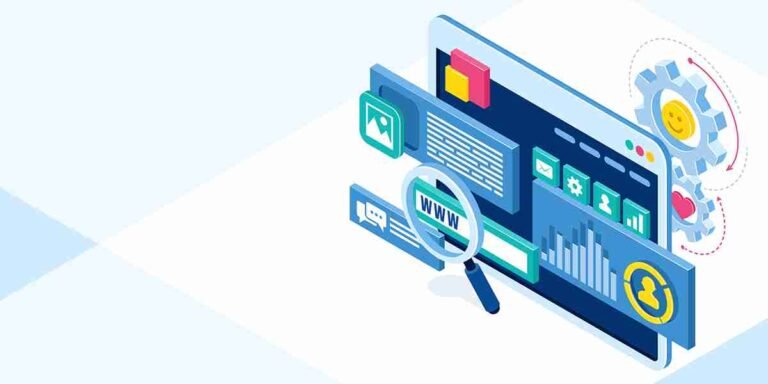Hybrid Apps and Cloud Integration: A Seamless Solution

In the modern digital landscape, businesses are increasingly turning to hybrid applications paired with cloud integration to enhance their operational efficiency and user experience. At Mountain Techno System, we recognize that the combination of hybrid apps and cloud technology offers a powerful solution for organizations looking to scale their services and optimize their resources. This article explores how hybrid apps can seamlessly integrate with cloud platforms, delivering unmatched performance and flexibility.
Integrating hybrid applications with cloud solutions is a game-changer for businesses aiming to streamline operations and enhance user experiences. Here are some key points to consider regarding this powerful combination:
1. Definition of Hybrid Apps
- What Are Hybrid Apps?: Hybrid apps combine the best of both worlds—native and web applications—allowing developers to build cross-platform solutions using a single codebase.
- Frameworks: Popular frameworks like React Native, Flutter, and Ionic facilitate the development of hybrid apps, enabling easy integration with cloud services.
2. Benefits of Cloud Integration
- Scalability: Cloud services allow hybrid apps to scale seamlessly according to user demand, ensuring performance is maintained during peak usage.
- Storage Solutions: Cloud storage offers virtually unlimited data storage capacity, enabling businesses to handle large volumes of data efficiently.
3. Improved Performance and Speed
- Faster Load Times: By leveraging cloud resources, hybrid apps can reduce latency, leading to faster load times and improved user satisfaction.
- Content Delivery Networks (CDNs): Utilizing CDNs ensures that app content is delivered swiftly, regardless of user location.
4. Enhanced Collaboration and Accessibility
- Real-Time Data Syncing: Cloud integration allows for real-time data syncing across devices, ensuring users have access to the latest information at all times.
- Collaboration Tools: Integrating cloud-based collaboration tools within hybrid apps can enhance teamwork and communication among users.
5. Cost Efficiency
- Reduced Infrastructure Costs: Businesses can minimize their infrastructure costs by utilizing cloud services, as they eliminate the need for extensive hardware investments.
- Pay-as-You-Go Model: Cloud providers often offer flexible pricing models, allowing businesses to pay only for the resources they use.
6. Security and Compliance
- Enhanced Security Features: Cloud services provide robust security measures, including encryption and access control, to protect sensitive data.
- Compliance Support: Many cloud providers help businesses comply with industry regulations, ensuring data protection and privacy.
7. Future-Proofing Applications
- Regular Updates: Cloud services often provide automatic updates, ensuring that hybrid apps are always equipped with the latest features and security patches.
- Adaptability: Businesses can quickly adapt to changing market demands and user preferences by leveraging cloud capabilities.
The synergy between hybrid apps and cloud integration creates a seamless solution that drives innovation and efficiency for businesses. At Mountain Techno System, we specialize in developing hybrid applications that are fully integrated with cloud services, empowering our clients to achieve their goals and stay ahead of the competition. By embracing this approach, organizations can enhance user experiences, optimize resources, and ensure long-term success.














